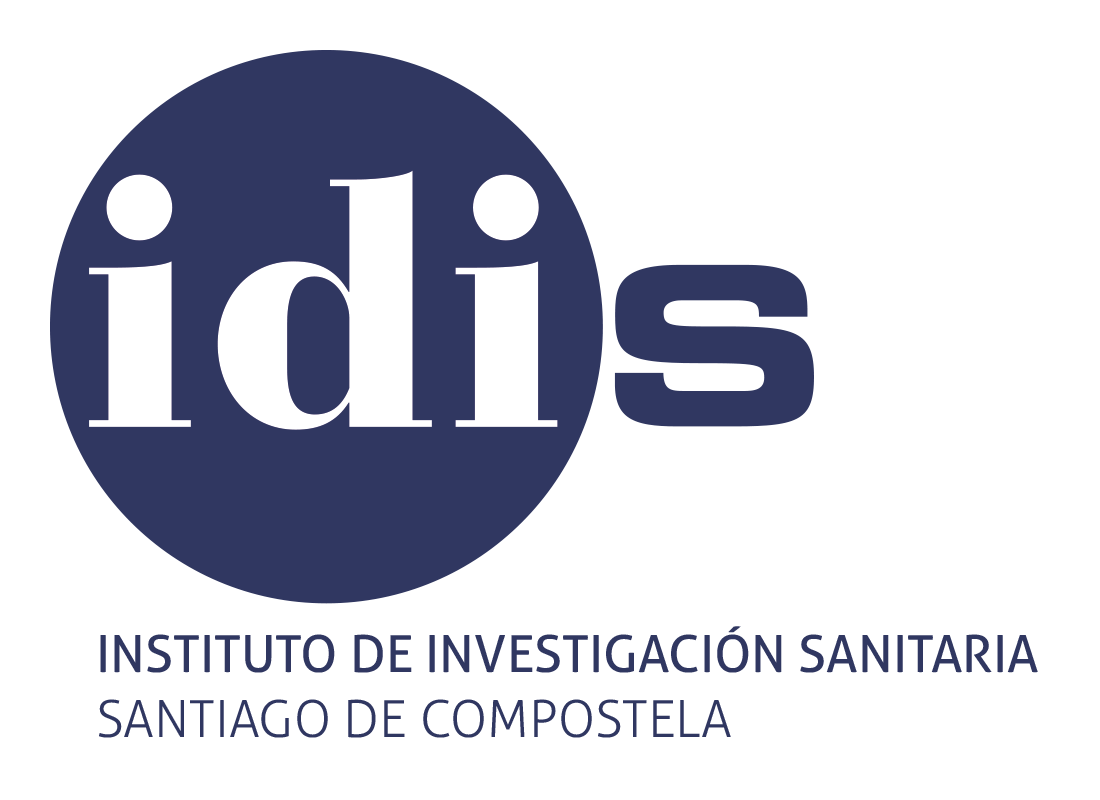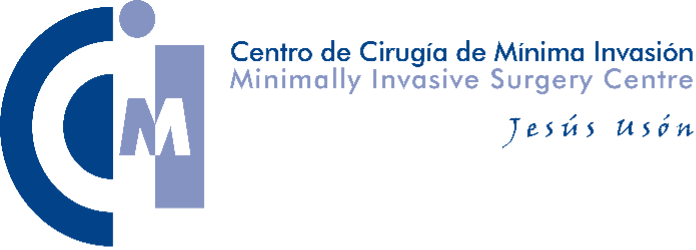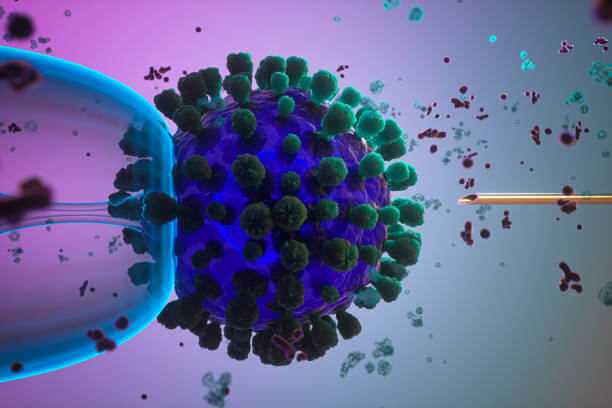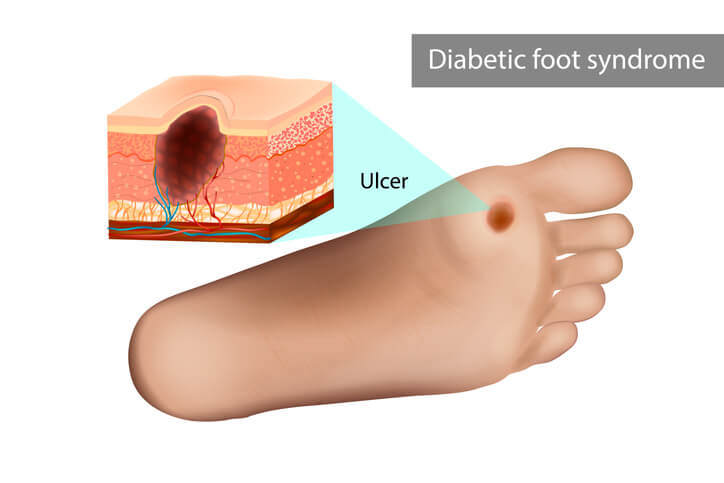La Dra. Núria Oliva Jorge, investigadora del Grupo de Ingeniería de Materiales – GEMAT de IQS School of Engineering, forma parte del proyecto APTADEGRAD, que tiene como objetivo desarrollar y validar unos nuevos apósitos del tratamiento y cuidado de las úlceras del pie diabético (UPDs), una terapia que utiliza una nueva tecnología degradadora de proteínas que se liberan de los apósitos. Se trata de un proyecto financiado dentro de la convocatoria de colaboración público-privada del Ministerio de Ciencia e Innovación – Agencia Estatal de Investigación. Además del grupo GEAMT de IQS, los otros integrantes de este proyecto son la empresa Aptadegrad, el Centro de Cirugía de Mínima Invasión Jesús Usón – CCMIJU y el Instituto de Investigación Sanitaria – IDIS de Santiago de Compostela.
Protein Degraders to Heal Diabetic Foot Ulcers
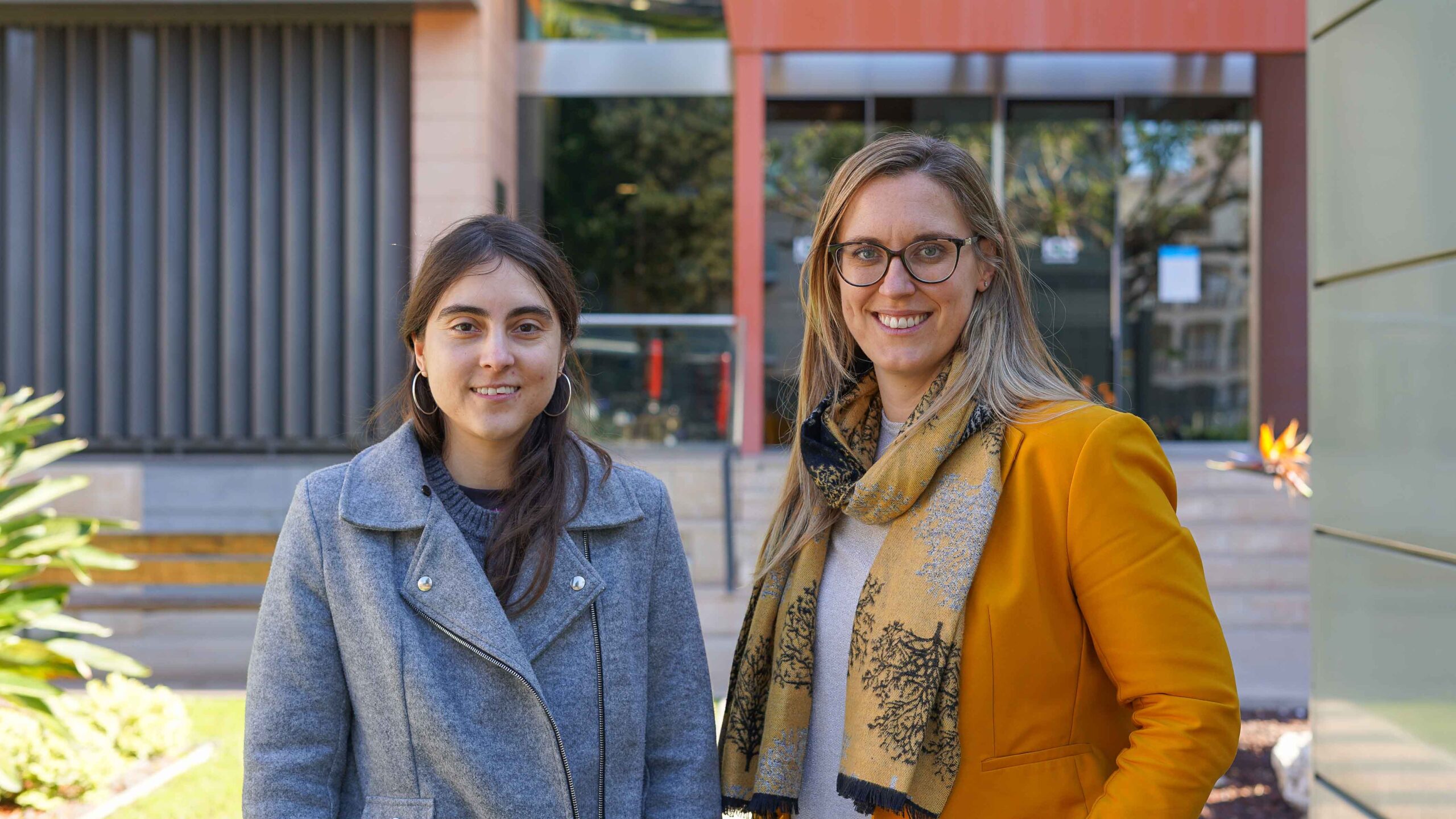
Dr Núria Oliva Jorge, a researcher with the Materials Engineering Group (GEMAT) at the IQS School of Engineering, forms part of the APTADEGRAD project, which aims to develop and validate new dressings for the treatment and care of diabetic foot ulcers (DFUs), a therapy that uses a new technology to degrade proteins that are released from the dressings. This project is being funded within the public-private partnership call by the Ministry of Science and Innovation – State Research Agency. In addition to the GEAMT group at IQS, the other members of this project include the company Aptadegrad, the Jesús Usón Minimally Invasive Surgery Centre (CCMIJU), and the Health Research Institute (IDIS) in Santiago de Compostela.
Dr Mariel Ruiz Kubli, a postdoctoral researcher with the GEMAT group, is also collaborating on the project..
A “diabetic foot disease” is any condition that results directly from peripheral arterial disease or sensory neuropathy that affects people with diabetes, whose feet have dry skin and a reduced ability to feel pain, which can eventually weaken the foot and produce plantar sores or DFUs. DFUs usually end up with the hospitalization of the patient and limb amputations in up to 20% of cases. In addition, DFUs have a greater negative impact on a patient’s quality of life than cancer and AIDS.
The company Aptadegrad has developed a nanotechnology based on the degradation of the proteins responsible for the inflammation and the formation of these DFUs, which will be used and validated in this project. The objective is for this targeted degradation technology to directly attack the persistent inflammation of the DFUs, thereby reducing and healing the sores.
Contributions from the IQS GEMAT group
From within the GEMAT group, Dr Núria Oliva brings her knowledge and experience in the development of biomaterials and specific treatments for diabetic feet to the APTADEGRAD project, seeking to achieve two main objectives:
The first objective consists of designing and developing the biomaterials necessary to form the dressing, which will support the nanotechnology. These biomaterials are aimed at advancing the local and sustained release of the therapy over time
The second objective to be addressed by the GEMAT group is the testing and validation of the new therapy in cellular models, a phase of the project that is fundamental to guaranteeing the treatment. In this case, the validation will be carried out in collaboration with hospitals in Barcelona, which will provide cells from patients with DFUs, which will form the cell models that will be used to conduct the evaluation of the therapy. These models will make it possible to carry out release, efficacy, and biocompatibility tests of the new technology.
Once the validation of the biomaterials has been verified, in vivo tests will be conducted at the other two centres participating in the project: IDIS and CCMIJU.
The APTADEGRAD project is being funded by the Ministry of Science and Innovation and the State Research Agency/10.13039/501100011033 under the call for public-private collaboration, and by the European Union NextGenerationEU/PRTR.












